How sad is it that a film about a tennis match engineered as a spectacle to emphasize sexism and gender inequality almost fifty years ago is so painfully relevant in 2017? With Battle of the Sexes, co-directors Valerie Faris and Jonathan Dayton (Little Miss Sunshine) have delivered a period piece that might as well be taking place today, juxtaposing the titular event’s ludicrous premise with the very serious lack of progress that’s been made in the intervening decades. While it’s ostensibly a comedy, the subjects tackled in Battle are unfortunately no laughing matter.
Though it’s not an overtly political movie, it’s almost impossible to distance Battle of the Sexes from its sociological subtext. The wage gap that drove Bille Jean King to found the Women’s Tennis Association in the ‘70s still persists, and it’s not hard to imagine how different my reading of this film would have been had the last Presidential election ended differently. What Faris and Dayton, along with screenwriter Simon Beaufoy (Slumdog Millionaire) are getting at is only thinly veiled — the audience doesn’t need to read too deeply between the lines to recognize Battle’s commentary on contemporary society.
Although the film is setup to dramatize the famous 1973 exhibition match between women’s tennis champ Billie Jean King and former-champ-turned-hustler Bobby Riggs, that’s only part of the story — it’s really all about the context. King was struggling to gain the respect and remuneration she rightly deserved in a male-dominated field, even as she grappled with her sexual orientation in an era when being outed as a lesbian could have ended her career. Riggs, on the other hand, was a has-been with a gambling problem and a wealthy wife to foot the bill. The two couldn’t have been on more uneven footing, making their inevitable showdown a perfect metaphor for the imbalanced treatment of gender in American culture.
Emma Stone plays King as an admirably multifaceted character, and the dimensionality of her portrayal allows for the appropriate pathos to be conveyed without being heavy handed. Somewhat more surprisingly, Steve Carell imparts unexpected nuance to Riggs as a flawed, but not inherently loathsome, opportunist whose self-aggrandizement and chauvinism may be less sincere than he lets on. Both are exceptional performances, and Stone’s in particular is likely to generate some buzz come awards season.
Because of the exposition-heavy narrative, Faris and Dayton occasionally struggle to maintain focus as Beaufoy’s script jumps through some particularly challenging structural hoops. The pacing is distinctly off at times, and tonal inconsistencies abound — but once the story reaches its third act, the audience should be firmly on board. A stacked cast boasts standout performances from Bill Pullman and Sarah Silverman, but the ensemble’s impressive depth leaves strong players such as Alan Cumming, Elizabeth Shue, Tom Kenny and Fred Armisen underutilized to varying degrees. Fun but never frivolous, Battle of the Sexes is a film defined by its function rather than its form. As entertainment it may be uneven in its execution, but as a social statement it’s a work of remarkable vitality. Rated PG-13 for some sexual content and partial nudity. Opens Friday at Fine Arts Theatre.



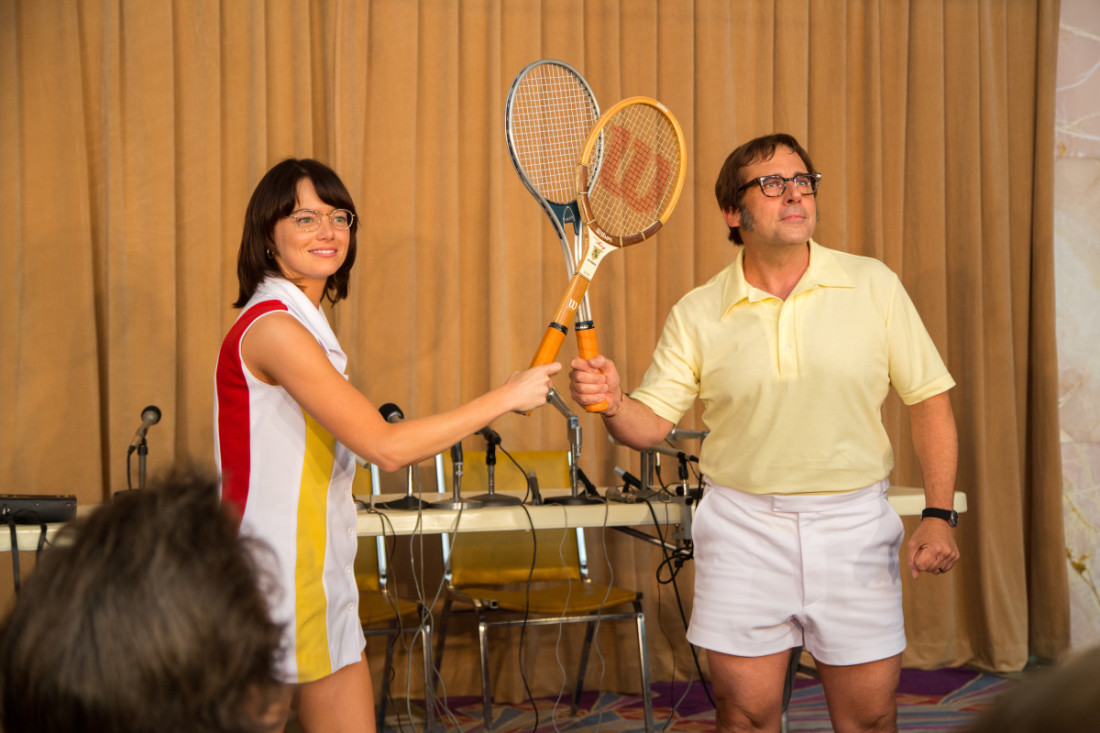
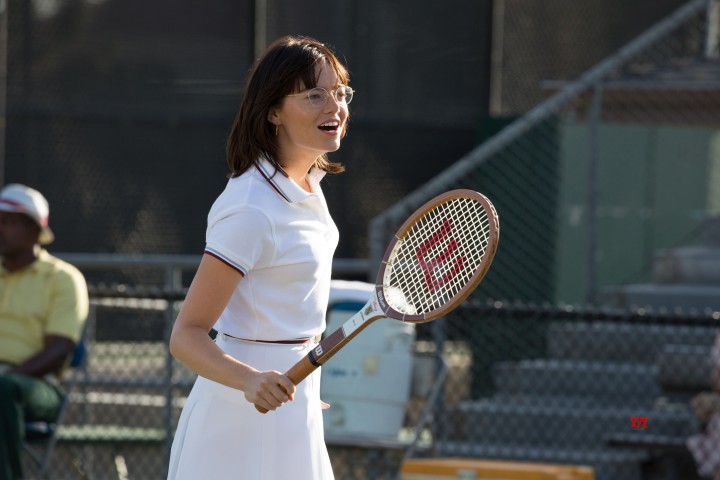
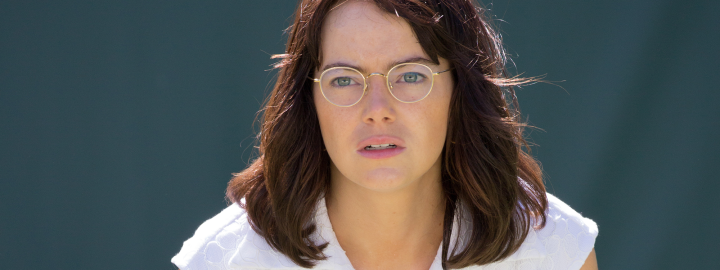
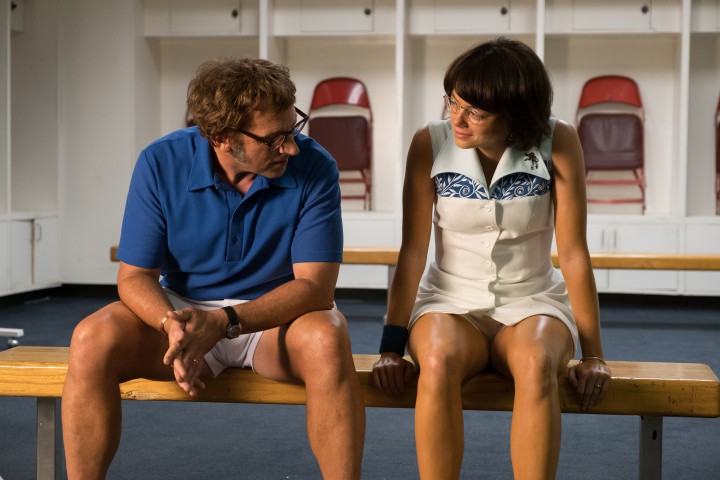
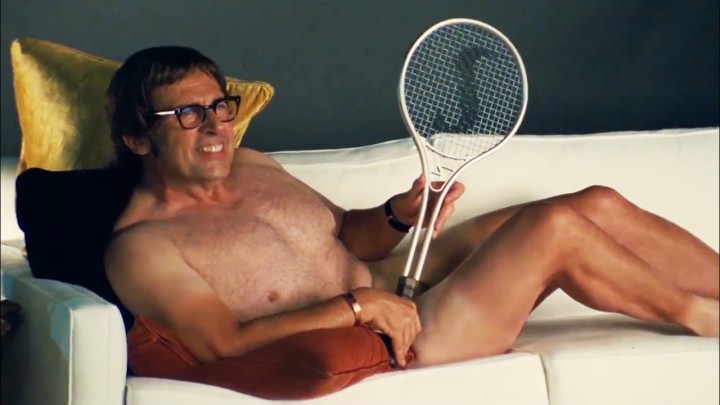
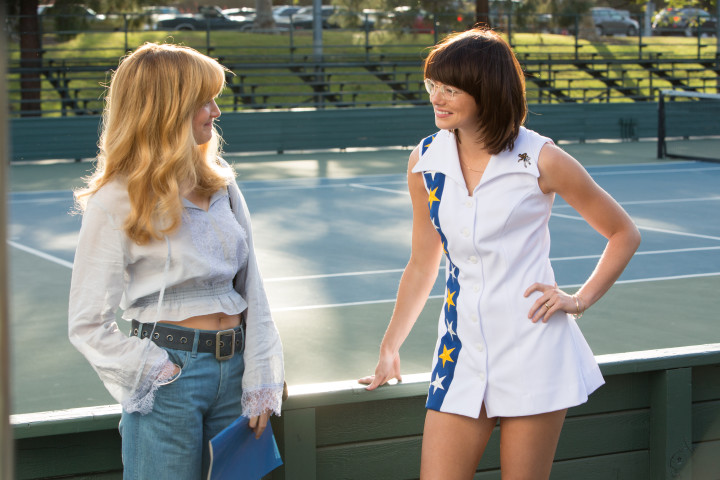
Before you comment
The comments section is here to provide a platform for civil dialogue on the issues we face together as a local community. Xpress is committed to offering this platform for all voices, but when the tone of the discussion gets nasty or strays off topic, we believe many people choose not to participate. Xpress editors are determined to moderate comments to ensure a constructive interchange is maintained. All comments judged not to be in keeping with the spirit of civil discourse will be removed and repeat violators will be banned. See here for our terms of service. Thank you for being part of this effort to promote respectful discussion.